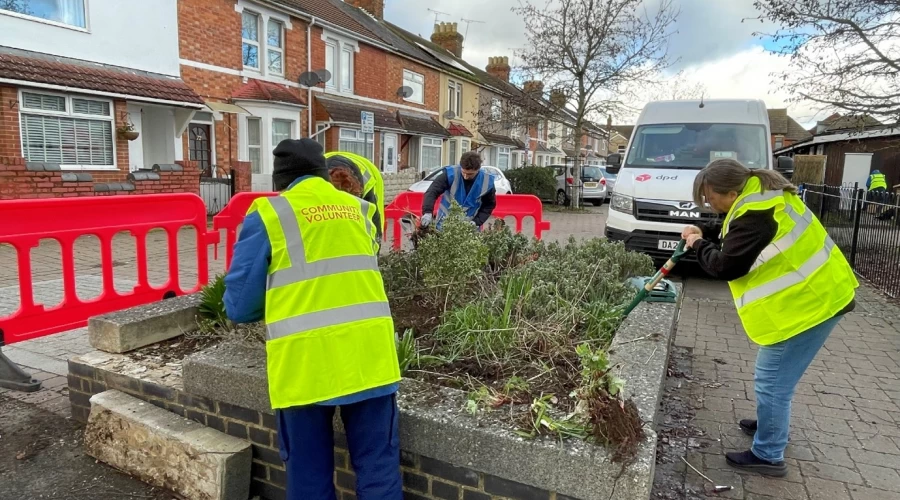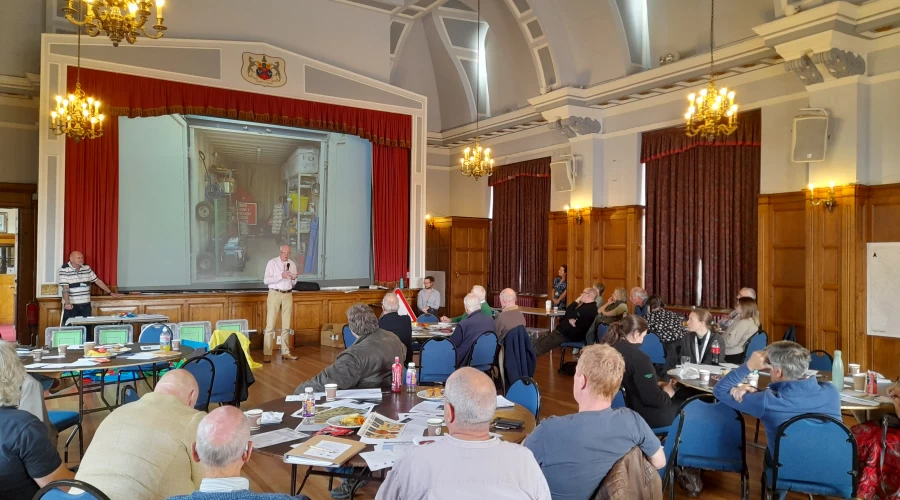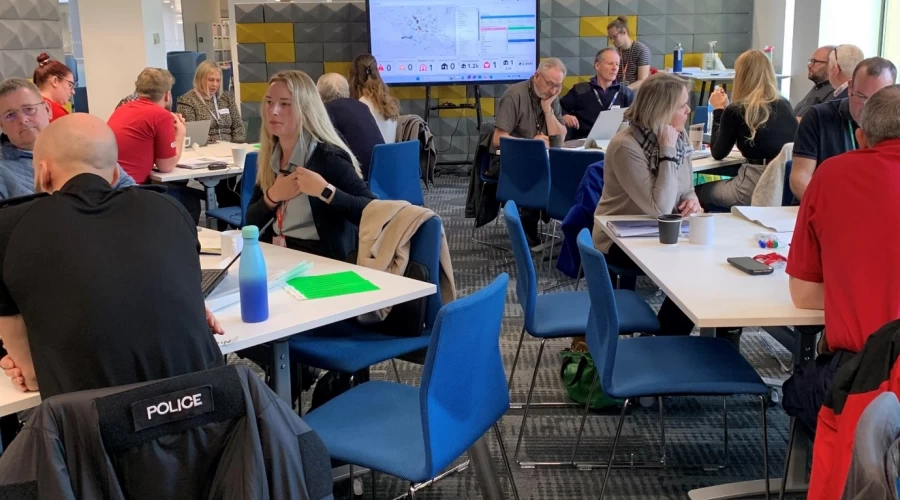Supervisor Role
Key Responsibilities
- Coordinate the response in the hub.
- Run/hold regular meetings with all volunteers.
- Keep an action and decision log.
- Ensure welfare of all volunteers.
- Deal with media enquiries where possible.
Having someone appointed as a Supervisor is vital as it enables coordination and allows the hub to look at the bigger picture in response and recovery. It also ensures that everyone in the hub is following the same systems and approach, and reduces duplication.
The role of the Supervisor is not to make all the decisions, but to help the community come together to decide the best course of action. All decisions should be discussed as a group with the Supervisor only deciding on a course of action if the group cannot decide the best way forward.
It is emphasised that the Supervisor is role specific and not person specific. Therefore, the individual taking on this role can change at any time.
Roles and Tasks
Oversight: Make sure that all roles are allocated to volunteers that best suit their preferences and skill sets. Everyone has a valuable contribution to make and it is vital to ensure that no-one feels isolated.
Resources: All volunteers will need to have all the correct equipment to undertake their role. This covers equipment from tables to pens and paper alongside additional staffing (if more staffing is required it’s the Supervisors role to help locate any more willing volunteers).
Meetings: Regular meetings will need to be held so that the volunteers are aware of the current situation and future requirements of the hub/incident.
Keep a record: Make sure a record of decision and actions are kept – this is just so you can look back at what you did. We will not ask for these records however, it’s useful to have them in case we ask any questions of what happened. Your experience of an incident will be unique and your contribution to the subsequent learning will be invaluable to help improve the response next time.
Welfare: It’s important that all volunteers are kept well fed and hydrated alongside given regular breaks. Volunteers in a crisis tend to be keen to work hard for extended hours and forget to take breaks and eat/drink. The Supervisor will need to ensure welfare is a key part of the hub.
Register: It’s important to keep a register of who is working and when. Again, this helps for record keeping and understanding when people need breaks. It is not required to keep a register of community members who use/visit the hub.
Closing up and opening the hub: When the hub is closed for the night, the Supervisor must ensure it is locked and then reopened the following day (if required). Signage may need to be put up highlighting the hubs opening hours. Should you be liaising with any multi-agency organisations it will be important to notify them of the opening hours.
Shutting down the hub: When the community feel the hub is no longer needed, the Supervisor must ensure the hub is shut down and packed away. Should you be liaising with any multi-agency organisations it will be important to notify them that you are also closing.
Work with any media: Media are an important part of any incident and will be managed by the statutory responding agencies. However, there may be specific media interest in your Emergency Contact Hub. The Supervisor’s responsibility is to work with them should any arrive. It is up to the group what you allow the media to see of the hub. However, please remember that you are not able to share:
- Any personal information or details about your community. Individuals may choose to share their personal information with the media.
- Address or contact information of the community.
- Details of deaths or injuries.
- Details on people homes.
Consent will also need to be given from any community members or volunteers who have their photo or video taken.
Legal Information
In general, you do not have any special legal powers when working as part of the hub.
Legal regulation or law does not prohibit community proactiveness. However, it’s important that as a community group you operate within the law and work to promote health and safety within the hub.
If you are unsure on anything or need clarity relating to the law, please contact Wiltshire and Swindon Prepared.
Downloads
Downloads
Supervisor Role
Supervisor Role



